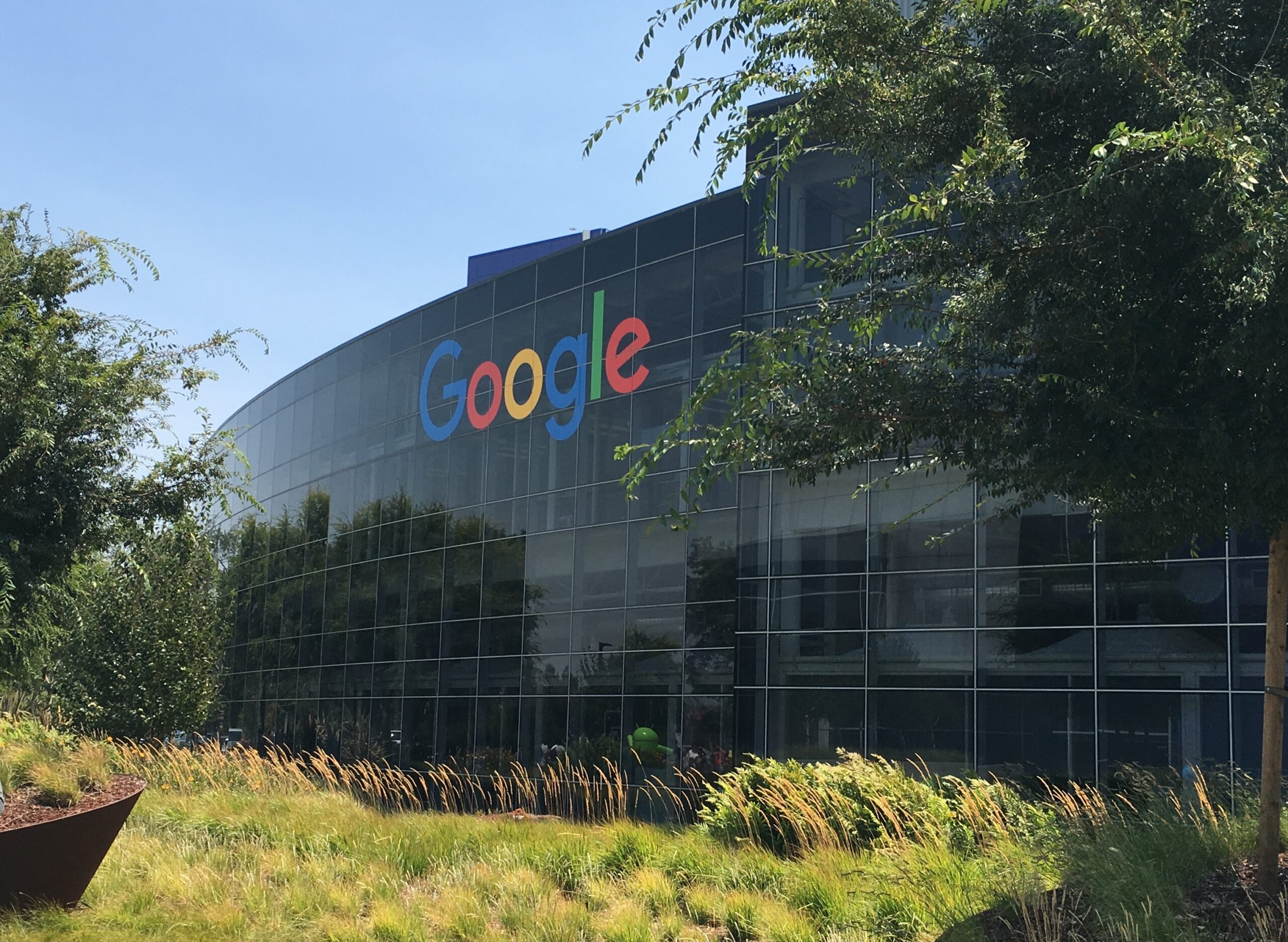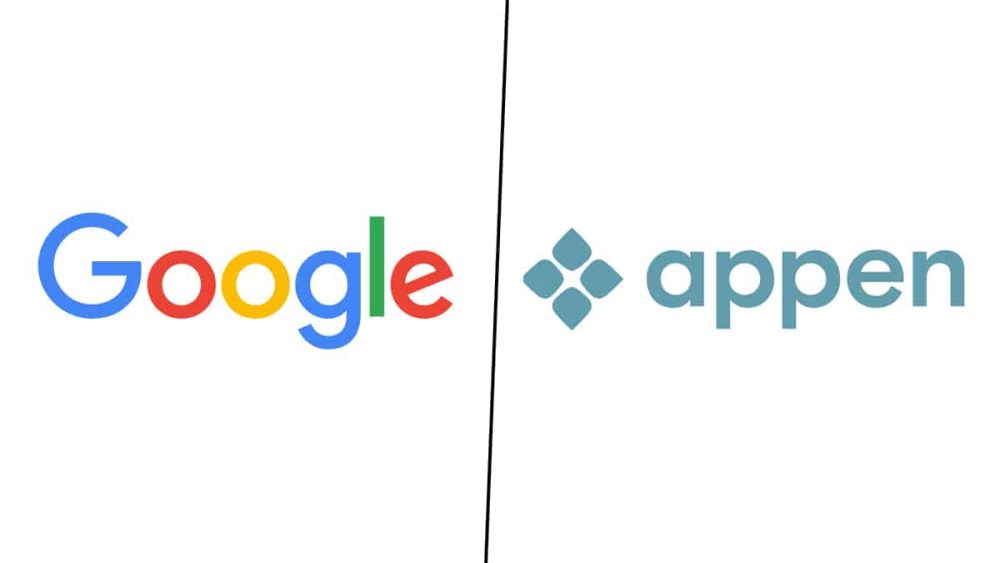Google Search will no longer retain backups of websites during its web crawling activities.
The decision to cease the preservation of the entire Internet was confirmed by Danny Sullivan, known as “Search Liaison” at Google. The removal of the “cached” links feature, which provided an alternative means to access websites that were inaccessible or altered, was announced in an official post. Sullivan highlighted that the feature was initially designed to facilitate page access during times when reliability in loading pages was an issue. However, with significant improvements in web infrastructure, the need for this feature has diminished, leading to its retirement.
The availability of the cached links feature has been sporadic since December, with many users reporting its absence in Google Search results. Despite the removal of the feature, users can still access cached versions of websites by manually constructing the URL or using specific search queries. Notably, the cached version of Ars Technica remains accessible. Google’s support documentation related to cached sites has been removed from its platforms.
Previously, cached links were accessible via a drop-down menu adjacent to search results on Google’s page. As Google’s web crawler indexed and updated webpages, it also stored copies, effectively creating a vast backup of the Internet. With the company prioritizing cost-saving measures, the deletion of cache data is expected to free up significant resources.
Cached links not only served as a resource for accessing websites during downtime or changes but also provided insights into the behavior of Google’s web crawler, known as the “Google Bot.” These pages often presented a different view compared to standard rendering, offering valuable information for webmasters. Despite Google’s efforts to maintain secrecy around the specifics of its web crawling process to deter SEO manipulation, cached pages provided valuable insights. Google’s shift to mobile-first indexing further influenced the representation of cached pages. Webmasters can still analyze how their websites appear to the Google Bot through the Search Console.
The discontinuation of cached sites will result in increased reliance on organizations like the Internet Archive for archiving and tracking changes on the web.





